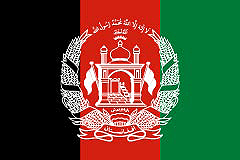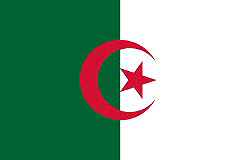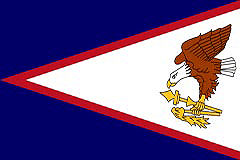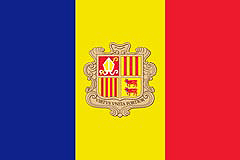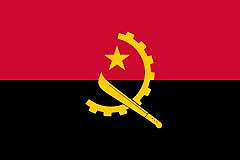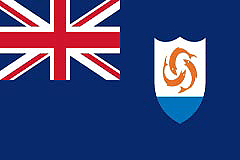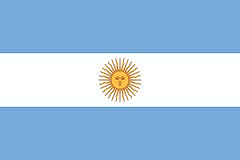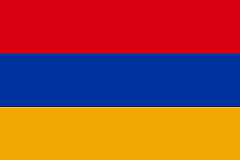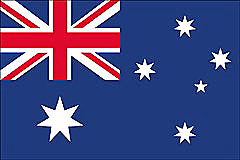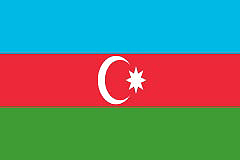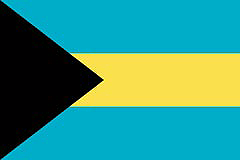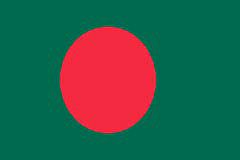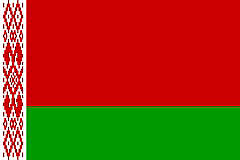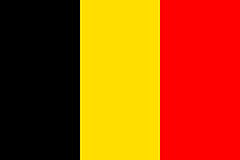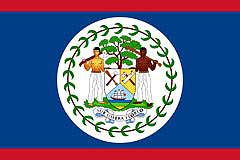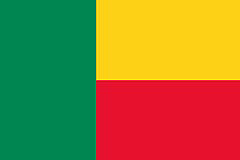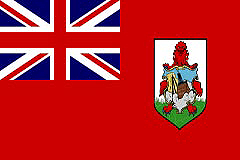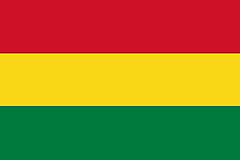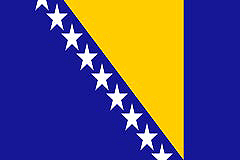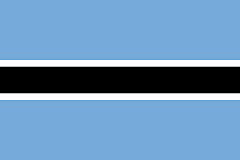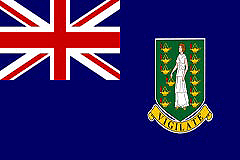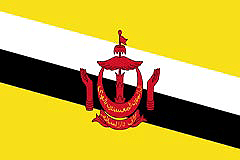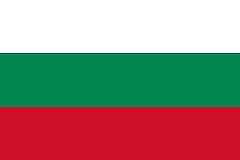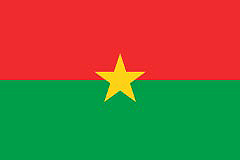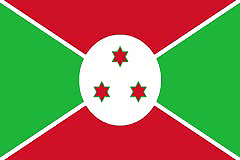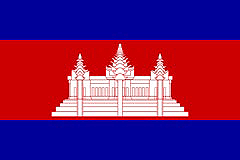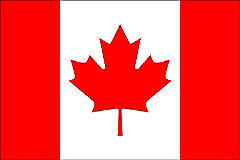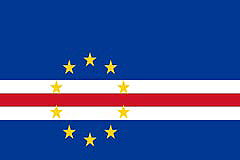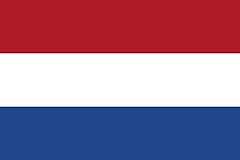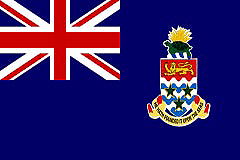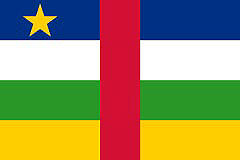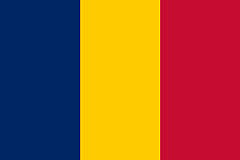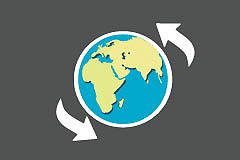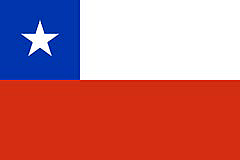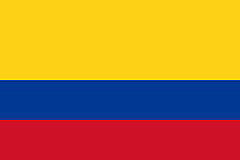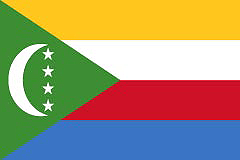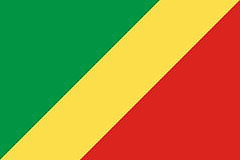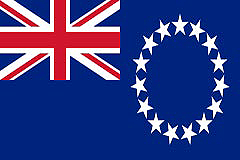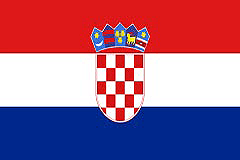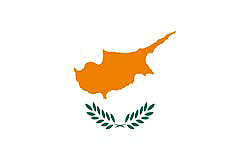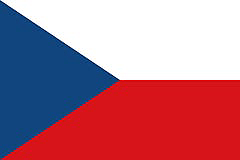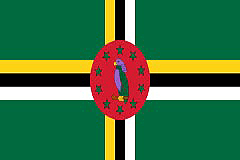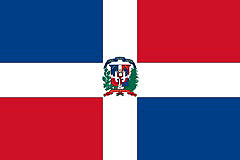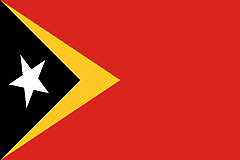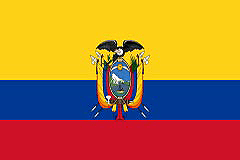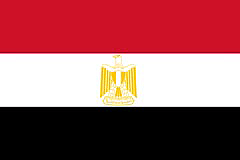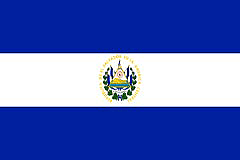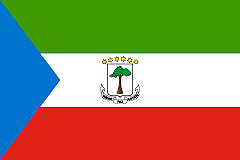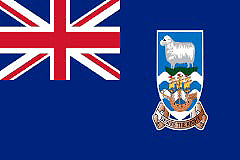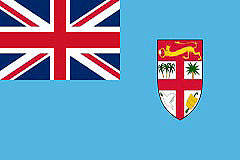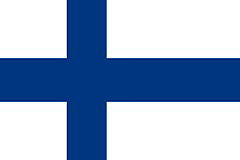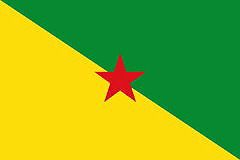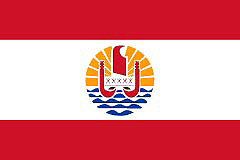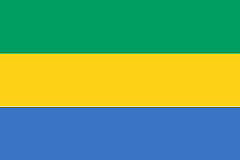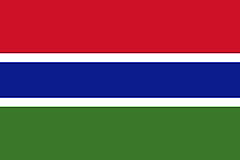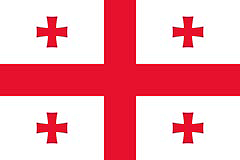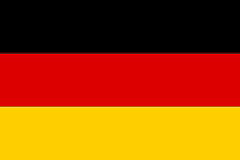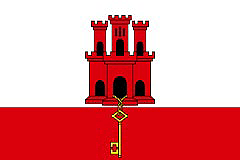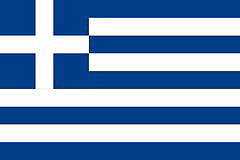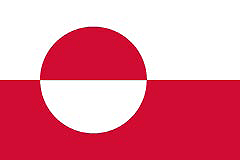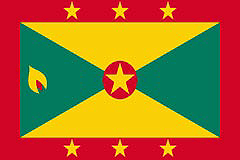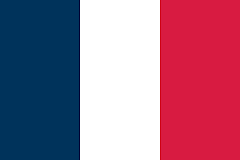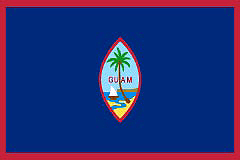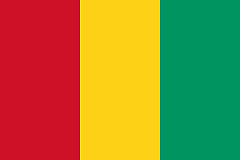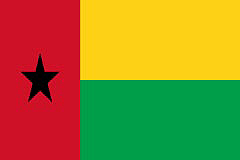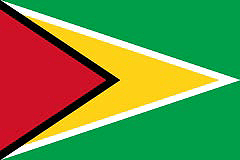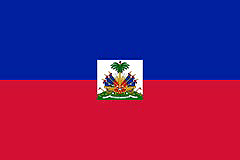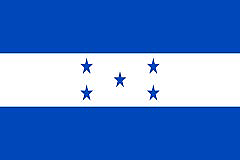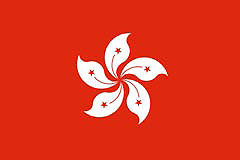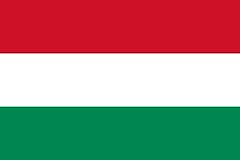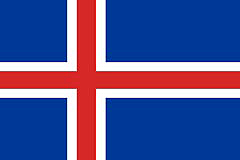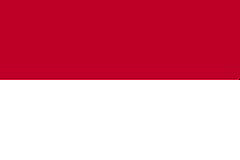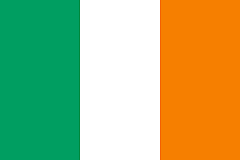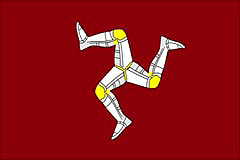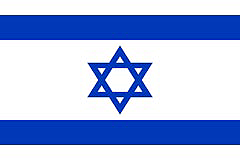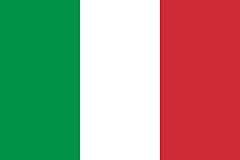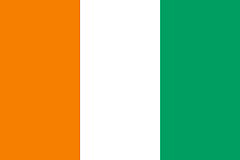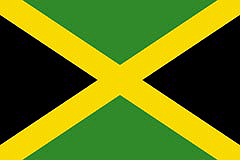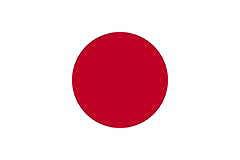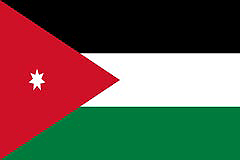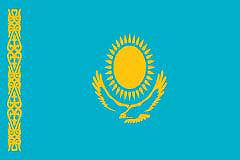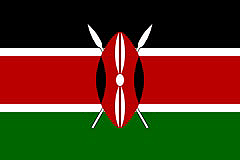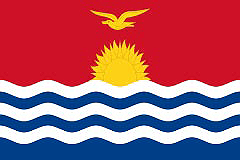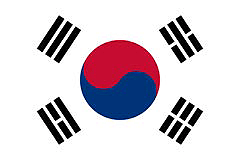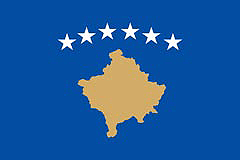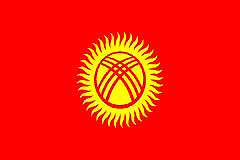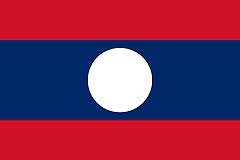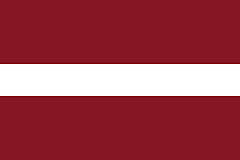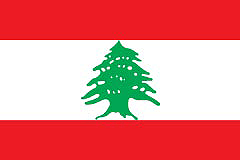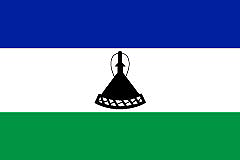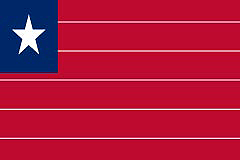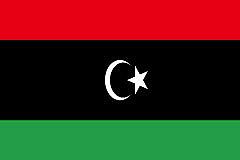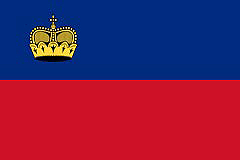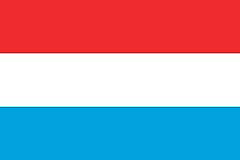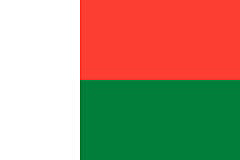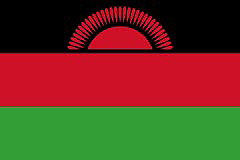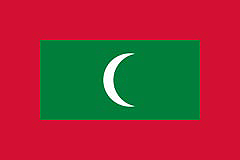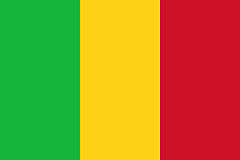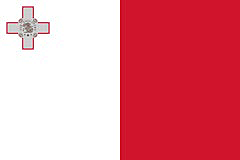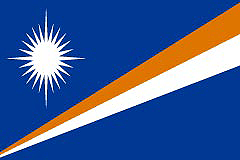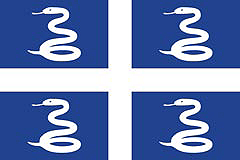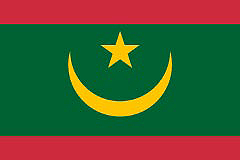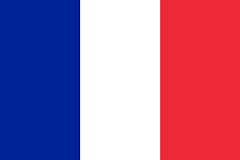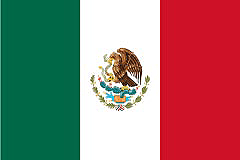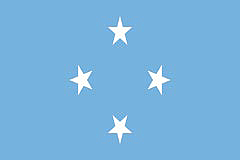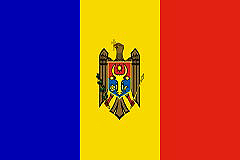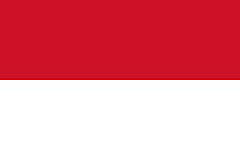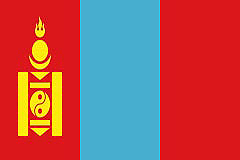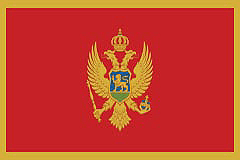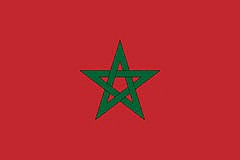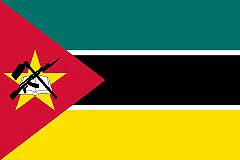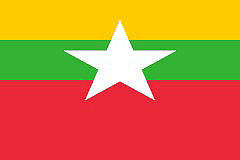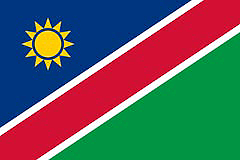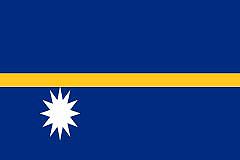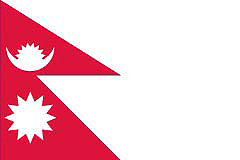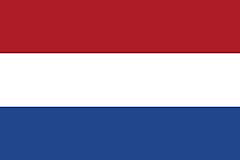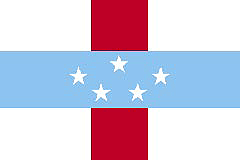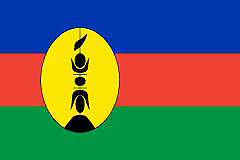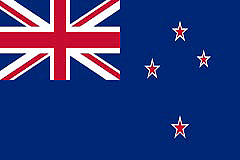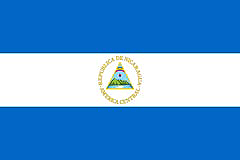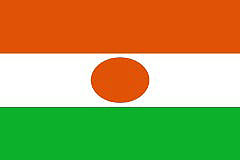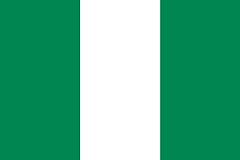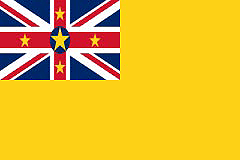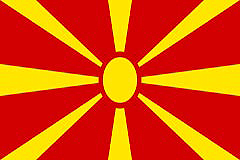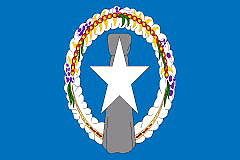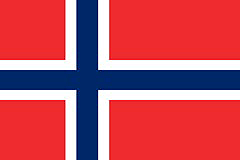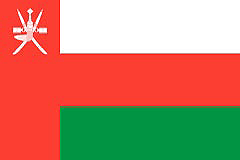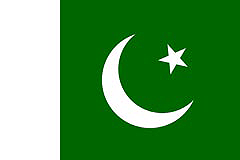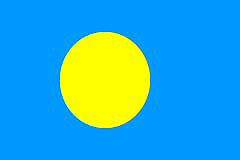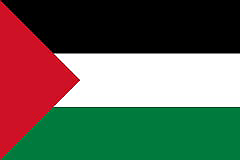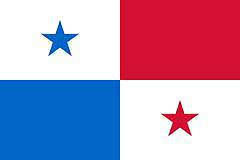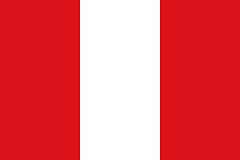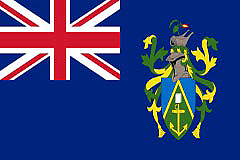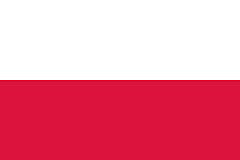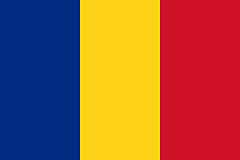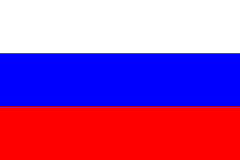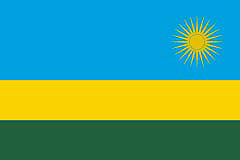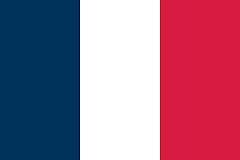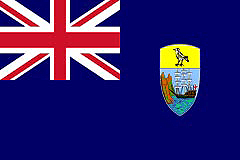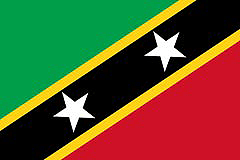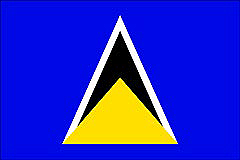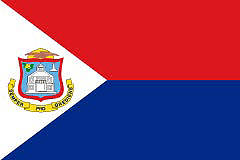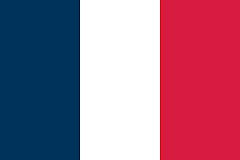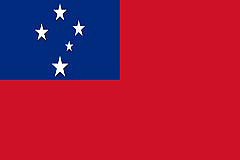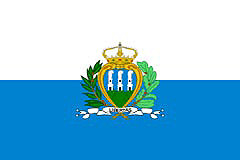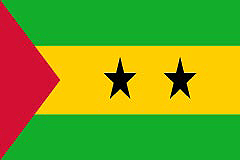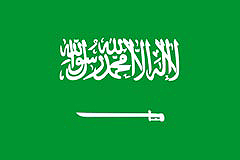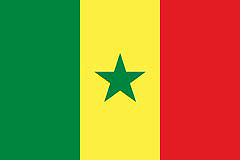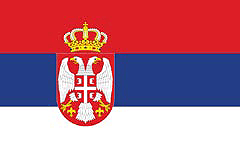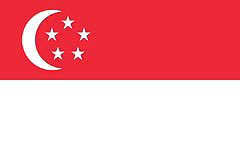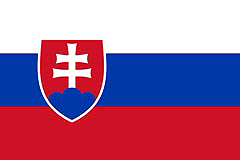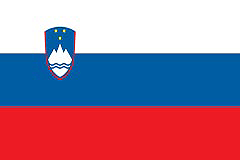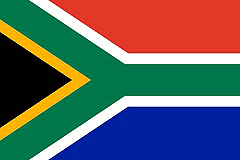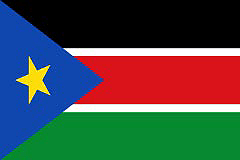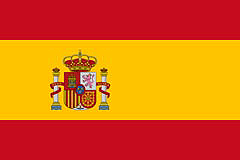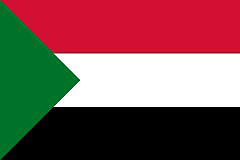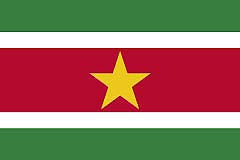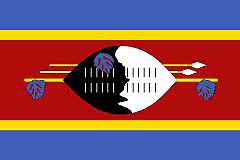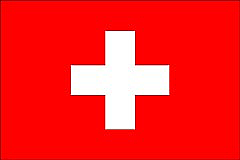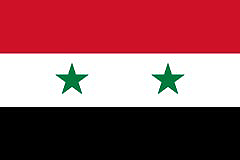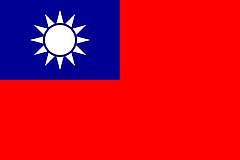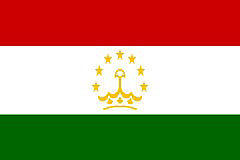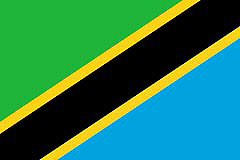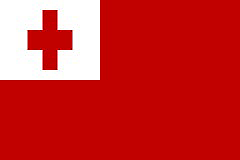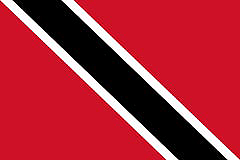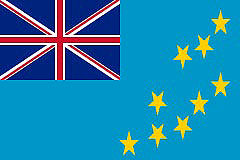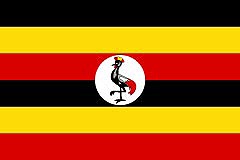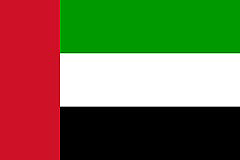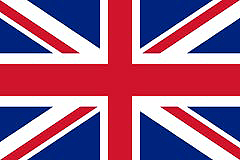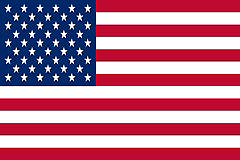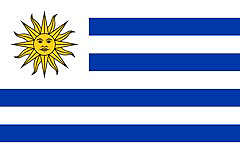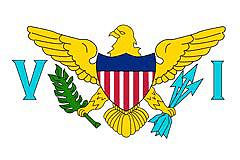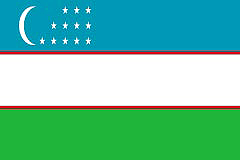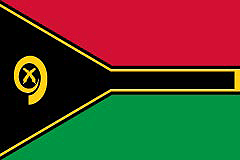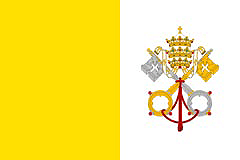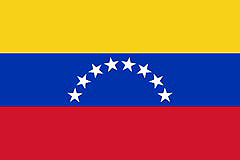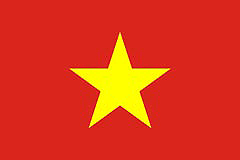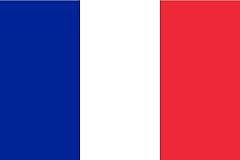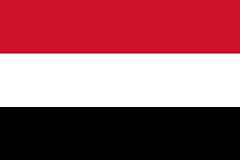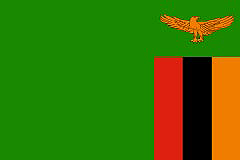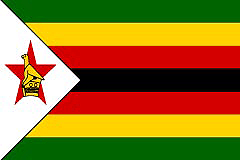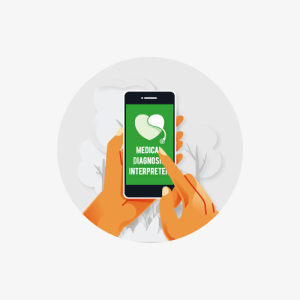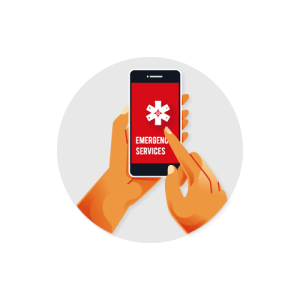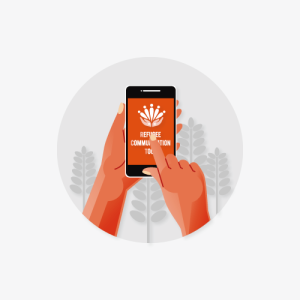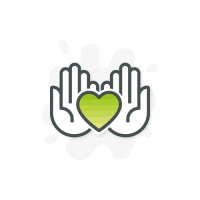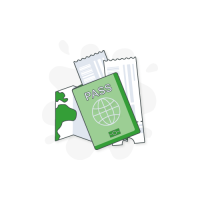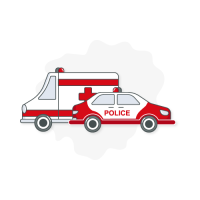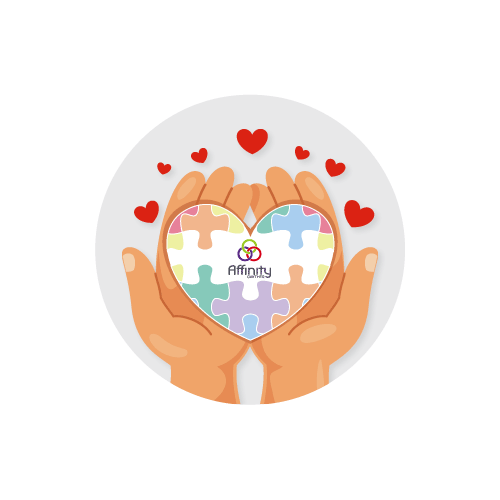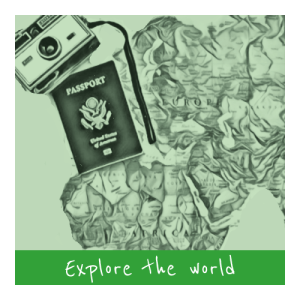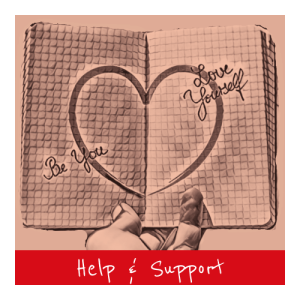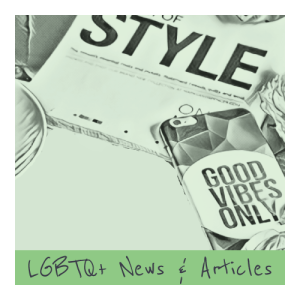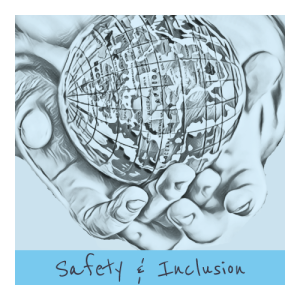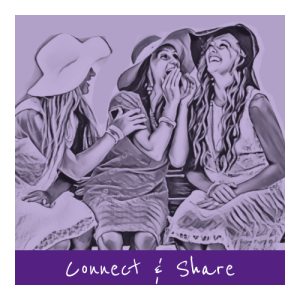
LGBTQIA+ Refugees and Migrants

Many of the LGBTQIA+ community are subject to the same circumstances and conditions as other refugees and migrants. The problem worsens for the community as they often face persecution based on their gender or sexual identity. Countries with highly discriminatory laws and penalties range from short-term imprisonment to death sentences. With some designated safe countries actively discriminating against community members, the list of possible asylum destinations dramatically reduces.
When fleeing persecution, violence and the risk of death, it is crucial to establish a safe destination and a country that will offer you the safety and protection you need.

All of the countries around
the world
 Click on a region to discover more
Click on a region to discover moreHELP FOR LGBTQIA+ REFUGEES AND MIGRANTS
Establishing the status of any given country and whether it is
safe
Learn more about the likely status of any given country based on a range of factors, such as if any conflicts are taking place, the economic situation and the state of democracy. The list of countries is organised in alphabetical order, and if you want to learn more about any given country, please click on the flag, or the country name, which will open the required content in a new window
COUNTRY NAME LOOKUP TOOL
Helping you to understand all of the
common terms and phrases
- The following section has been created to provide general and basic understandings regarding asylum and refugee definitions. The information does not constitute advice as it does not consider your personal circumstances. If you are in a dangerous situation or believe you must flee your country for your safety. You should contact any available specialist charities, organisations or services that can assist and advise on your current situation. To find services in your local area, click here to access the Gayther Refugee and Migrant directory or visit the United Nations Refugee Agency help and information service
- It is vital that before you provide any personal information, especially details that could be used against you, are considered illegal or could result in your persecution that you consider to whom you are speaking and how any information you provide will be used

It would depend on which country you declare your sexuality or gender identity and how progressive the laws and attitudes of that country might be. In reality, for LGBTQIA+ refugees and migrants, there is a fundamental difference between a safe country and one welcoming LGBTQIA+ individuals. Countries that abide by the Geneva Refugee Convention and Protocol cannot expel or return a refugee if the refugee’s life or freedom is threatened. However, there is no universal standard or category regarding the LGBTQIA+ community, so how the rules are applied can vary between countries.
It is sensible to carry out independent research into any countries you are looking to seek asylum. Looking into and establishing whether a particular country has a history of accepting community members and, more importantly, how progressive the laws within the country are for LGBTQIA+ citizens. Within the Gayther Refugee Country Guides, we have featured two key metrics, countries that would likely be considered safe and those likely safe for the LGBTQIA+ community. The LGBTQIA+ metric compares countries against the safe country criteria and the Gayther Equality Index to provide a score.
Interpretations, definitions and application of the categories, known as protective grounds, will differ for each country. Speaking to charities and specialist organisations and services within your chosen destination is advisable to understand the rules and what grounds you would qualify for before applying. In addition, if you qualify for more than one protective grounds, you may not be required to disclose all grounds. For example, if you are from a country at war and identify as LGBTQIA+, you would likely qualify under the protective grounds of nationality.
Asylum categories are known as protective grounds, with five distinct groups. If an individual is claiming asylum as they are subject to persecution due to their sexuality or gender identity, then they would likely apply under the Membership in a particular social group. Asylum applications purely based on sexuality or gender identity persecution are difficult. However, that does not mean that if a person is fearful for their life, would be subject to violence or would be imprisoned if they returned home, they should not apply. If, for example, a person is escaping war or religious persecution, they likely would not have to claim asylum purely based on their LGBTQIA+ identity. Some other protected grounds are easier to prove and ultimately more straightforward for obtaining asylum.
Applying as an LGBTQIA+ individual isn’t easy because membership in a particular social group is somewhat generic and typically involves two parts. The first is the person has to belong to a specific social group. The social group will share characteristics and common backgrounds that cannot be changed. The group will share an aspect or belief fundamental to their identity or conscience that they should not be forced to renounce. In this instance, the LGBTQIA+ community can often qualify, given that individuals share characteristics (such as sexuality) or aspects fundamental to a person’s identity (gender identities). All things that they are unable to change only hide or suppress.
The second part relates to the social group having a distinct identity within a specific country and being seen as different by society. It is straightforward for most countries that generally score low on the Gayther LGBTQIA+ Equality Index and persecute the local community within that country. Even in those countries that prosecute handing down death sentences, you can quickly establish that the community is being treated differently in those societies. The difference between asylum and leaving due to regressive laws relates to violence and persecution nationwide. A person who can live freely without persecution but is limited in their rights as an LGBTQIA+ individual would likely not qualify for asylum. Still, other options would be available for them to leave their country, though some may take time and effort.
Other options if asylum does not apply might include:
- Most developed countries have a list of required skills and professions. If you qualify for one of those professions or could train to become one, you may be able to obtain a visa as a skilled worker or professional
- A multi-phased approach, moving to a country that is better than the one you live in. To then migrate down the road to the desired end country/destination
- Researching your country in greater detail. Looking for regions or areas that might be slightly more liberal or tolerant

Unfortunately, not, especially if the person is applying solely on the grounds of fleeing persecution due to their sexuality or gender identity. Some countries considered safe may not be at war and may even have democratically elected governments. However, they may also not have anti-discrimination laws, allowing LGBTQIA+ individuals the right to marry, adopt, serve in the army and more. So, considered safe, but an LTGBTQIA+ Individual claiming asylum in these countries would likely face discrimination and even have their applications outright rejected.
Therefore, LGBTQIA+ individuals claiming asylum must spend time researching their chosen asylum destinations. Quickly establishing whether that particular country has accepted asylum applications based on sexuality or gender identity persecution. Not only the applications but also whether that country has progressive laws and more accepting societies that should they be safe and welcomed to start their new life. Gayther refugee country guides provide LGBTQIA+-specific information, including if that country has accepted previous applications; click here to view the list of countries and guides available.
The first and one of the most critical elements in an asylum application is that the person must prove that they genuinely fear being persecuted in their home country. A clear risk, especially where returning, would likely result in their death, torture or imprisonment. So, the fundamental question is what triggered a person to leave their country. If the country is a war zone, they would likely have to leave for their safety; however, what happens if they flee due to their sexuality or gender identity? They will probably leave their home because something happened, like being caught, arrested, or reported to authorities under indecency laws. Suppose their country has strict rules, and prosecution could result in imprisonment or death. In that case, leaving that country is their only option.
The situation outlined is just an example; becoming arrested is not advisable to support an application. Countries with extreme policies would likely be known for their stance and treatment, so the proof would often be more documented, especially examples of inhumane treatment. If you or someone you know is trying to establish what evidence they need or whether they would be eligible for asylum. They should reach out to charities, support groups, and organisations in the country they are looking to seek asylum for advice.
The second element is the protected grounds a person plans to claim asylum. There are five protected grounds, most are established, and the criteria, evidence, and approach are much more consistent across countries. If someone qualifies for one or more protected grounds, considering the best route and direction to take is worthwhile. Should the grounds be based on membership in a particular social group, i.e., LGBTQIA+ persecution, then the evidence and application would differ between countries. Remember, not all countries accept asylum applications based on a member of a particular social group for LGBTQIA+ individuals.
TAKING PRIDE IN YOU

Proving your sexuality or gender identity can be extremely difficult. Individuals seeking asylum based on their LGBTQIA+ identity will likely live in countries where living their authentic self would likely result in persecution, violence and even death. Violence or abuse not only from family and other citizens but also by the government and legal system of the country they reside within. Many people in these situations have spent a life hiding who they are, living in fear of being discovered and risking their lives every time they meet with people similar to themselves. So, when you have spent years hiding who you are, how can you later prove the real you? It is not easy; however, let’s explore some options.
1 | Official documentation
Suppose a person has been arrested or is suspected of indecent sexual acts. In that case, there will likely be arrest warrants, court papers and documentation relating to ongoing investigations. Could the individual obtain those papers and hold onto anything linked to any actuation made? Important: the official documentation route should only be explored if a person has been arrested, not as a way of collecting evidence
2 | Patterns and Past Relationships
Anyone who has visited or lived in a country hostile toward the LGBTQIA+ community will see specific patterns and behaviours. People will still use smartphone apps; however, they often hide their location, conceal their faces and use fake names. People will be cautious, but they will also likely make connections and meet people like them. Capturing conversations and personal photos of past relationships can be an option in the form of evidence. Creating a cloud or email service offered within a developed country (such as Hotmail or Gmail) is worthwhile if this evidence is incriminating. The account should not be linked to your primary email or be in your favourites. All evidence could be loaded, and any history or trail to the service be hidden or destroyed. During the application process, all of the evidence collated would be easily accessible and secure
3 | Testimonies
Most people today spend much time online, and speaking to someone thousands of miles away is easy. For people that have spent time online talking to people, one might be able to provide testimony. For example, say you are a gay man; for the past two years, you have spoken to a gay man in America. You have had numerous intimate conversations; he is aware of your sexuality and your current circumstances. He may have had video chats and even shared virtual moments with you. His testimony might be considered evidence if you applied for asylum in that country. Possibly, even a sworn testimony evidences a pattern of a person’s sexuality and past behaviours.
4 | Media and Recordings
In extreme situations, videos of abuse of LGBTQIA+ individuals and violent voice messages have been uploaded on social media or stored on people’s phones. If someone has unfortunately received this level of abuse or violence, though distressing, it is vital to capture and upload these types of media and recordings as evidence to be used when making an application
Unfortunately, though, for many, the above list will be the only means of evidence available to them. Whether they will be considered or accepted will depend on the country assessing the asylum application. There is no standard process for LGBTQIA+ asylum applications, and each country applies its own methods and approach in terms of assessment. In the past, there have been examples of individuals being made to undergo lie detection tests, intimate and personal questions within questionnaires and even medical examinations in extreme cases. Though many asylum cases are genuine, however, some people do and have historically lied. Migrants and Refugees, especially those desperate, have claimed asylum based on sexuality or gender identity persecution, even though they do not identify that way. Even though it is wrong, many of those individuals lied because they were vulnerable and desperate. However, some countries have used those examples to reject and justify refusing LGBTQIA+ asylum cases, given how difficult this ground is to prove.
Preparation is key. You might be safe, concealed and under the radar now, but things could change quickly. Even though you might not need asylum now, collating evidence could be worthwhile if required in the future.
LGBTQIA+ COUNTRY & REGION GUIDES
There are thousands of events taking place, it is not always easy to know what is going on and when, Gayther can help
simple explanations of the
index
What is a safe country?
A safe country of origin, defined within the Geneva Convention, is free from international or internal armed conflict. One that does not persecute, use the threat of violence or torture its citizens, whether temporarily or permanently. Furthermore, it neither endorses nor implements inhuman, degrading treatments or punishments. Lastly, it operates a democratic system, and the general political environment allows for civil freedoms. Each country implements its own definition of what makes a safe country, and all countries do not use one list…learn more about safe countries
- The following section has been created to provide general and basic understandings regarding asylum and refugee definitions. The information does not constitute advice as it does not consider your personal circumstances. If you are in a dangerous situation or believe you must flee your country for your safety. You should contact any available specialist charities, organisations or services that can assist and advise on your current situation. To find services in your local area, click here to access the Gayther Refugee and Migrant directory or visit the United Nations Refugee Agency help and information service
- It is vital that before you provide any personal information, especially details that could be used against you, are considered illegal or could result in your persecution that you consider to whom you are speaking and how any information you provide will be used
WHO DO YOU CALL IN AN EMERGENCY...

To keep up to date, we will typically update all of our indices in the first quarter of every year (before March) to keep a consistent position. Should a landmark event occur, we would endeavour to change all relevant indices as quickly as possible.
When reviewing data, it is crucial to understand what it represents and whether it reflects the world and the experience of all those affected. Changes within any given country or region are not restricted to a specific month of the year or even are automatically triggered. Conflict, instability and the transition of a country’s position regarding particular areas of the law or specific groups within society can dramatically change quickly, so it is important to understand the latest situation at any given time and how it might affect you.
You can establish the current status within any given country or region by visiting your county’s ministry for overseas affairs or the United Nations High Commissioner for Refugees (UNHCR) information service.
Gayther...your community resources
Three dedicated websites offer various tools, services, guides, and much more. Free tools and services tailored toward all groups within the global LGBTQIA+ community
Find emergency contact numbers quickly for every country worldwide
..to our newsletter and never miss a story, offer or event again
Functional Always active
Preferences
Statistics
Marketing

DISCOVER THE GAYTHER INTERACTIVE SITEMAP TOOL
- Click on the icon found in the header or at the top of every page
- Once you have clicked the icon the full screen menu will appear
- All you need to do is to click each of the options which best suit your requirements
Please sit back, relax and let us help you find what you are looking for quickly and easily


